The Consumer Goods Forum Releases Executive Summary After Global Summit Kyoto 2023
3BL Media
SEPTEMBER 14, 2023
As climate change, political conflicts and other disruptions continue to disrupt the supply chain, companies must ensure that consumers retain access to the goods that support and improve their lives.

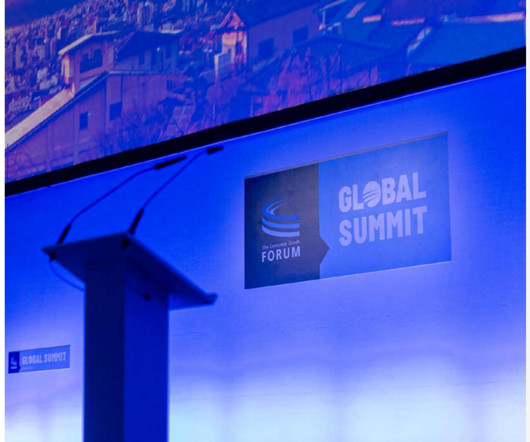
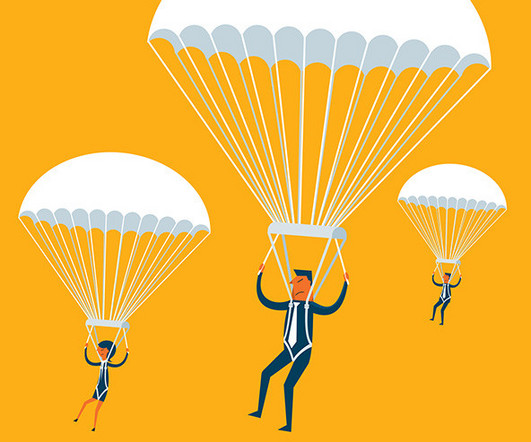
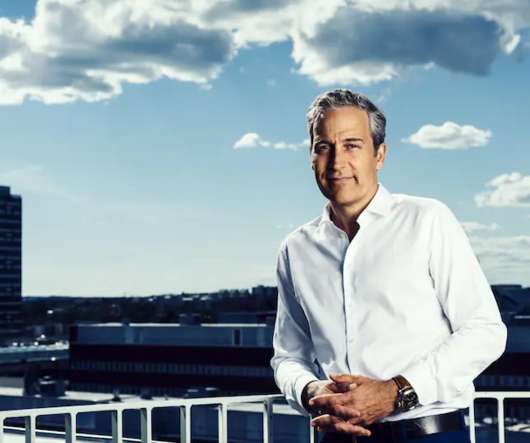

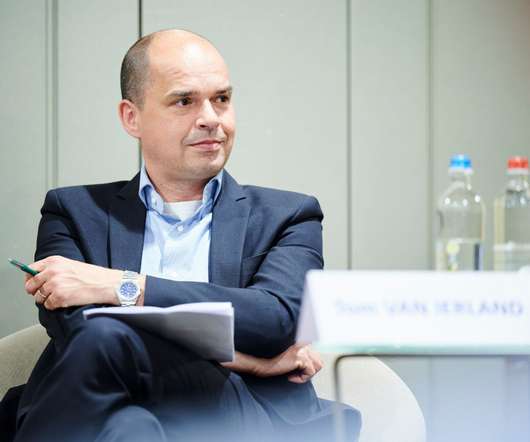
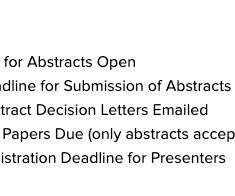
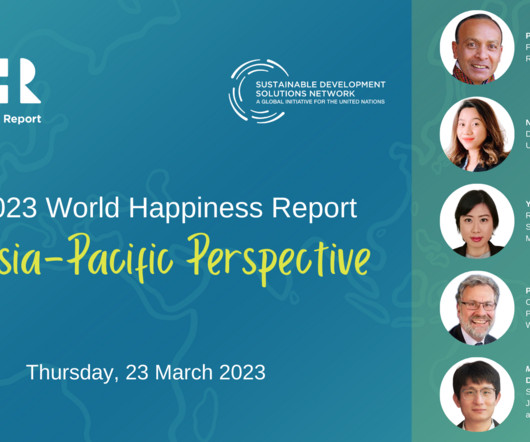






Let's personalize your content